


In a red carpet welcome, Indian Prime Minister Narendra Modi promised to support the progress and prosperity of the Maldives as President Mohamed Muizzu made his first state visit to the country. The visit marks a new chapter in the two countries' ties, which had been strained after Muizzu's election and his promised to oust Indian troops. During the visit, discussions were held on issues such as energy, trade, and defense cooperation, as well as the announcement of financial support for Maldives' struggling economy. Muizzu expressed gratitude for India's assistance in addressing foreign exchange issues.
Maldives and India: A New Chapter in Bilateral Ties
India and the Maldives have a long-standing relationship that has witnessed its ups and downs in recent years. However, a recent state visit by Maldivian President Mohamed Muizzu to India has signaled a new chapter in this relationship.
Background
The Maldives is a strategically located archipelago in the Indian Ocean. India has traditionally been a major ally and economic partner for the Maldives. However, relations became strained after Muizzu's election in 2013, when he promised to oust Indian troops stationed in the country.
State Visit and Agreements
During Muizzu's recent state visit to India, the two countries signed several agreements to strengthen their ties. These agreements covered areas such as energy, trade, and defense cooperation. India also announced financial support for the Maldives' struggling economy.
Financial Support
India has pledged a $115 million credit line to assist the Maldives with its foreign exchange issues. This assistance underscores India's commitment to supporting the economic stability of its neighbor.
Top 5FAQs and Answers
1. Why was President Muizzu's election a turning point in India-Maldives relations?
Muizzu's election led to concerns about a shift in the Maldives' foreign policy, particularly regarding India. His promise to oust Indian troops raised tensions between the two countries.
2. What are the key agreements signed during Muizzu's visit?
Agreements were signed on energy, trade, defense cooperation, and financial support. These agreements aim to strengthen economic and security ties between India and the Maldives.
3. How has India-Maldives cooperation evolved over the years?
India and the Maldives have a long history of cooperation, including in economic development, defense, and tourism. However, relations have experienced strains in recent years due to changes in the political environment in the Maldives.
4. What is the significance of India's financial support to the Maldives?
India's financial support is crucial for the Maldives, which has faced economic challenges. The assistance will help stabilize the country's foreign exchange reserves and support its economic recovery.
5. How are India and the Maldives addressing security concerns in the region?
The two countries are collaborating on defense and maritime security to address common threats, including terrorism and piracy. India has provided assistance to the Maldives in strengthening its military capabilities and enhancing maritime surveillance.

Amidst heightened tensions between India and Pakistan, Defence Minister Rajnath Singh inaugurated a major BrahMos missile production unit in Lucknow on Sunday. The state-of-the-art facility, built through a joint collaboration between India and Russia, is set to produce between 80 to 100 missiles annually and will play a central role in substantially enhancing India's defence capabilities. With Uttar Pradesh emerging as a hub for defence manufacturing, the state government is aiming for further investments in the sector. This development comes in the backdrop of a ceasefire announcement between India and Pakistan, in an effort to de-escalate the recent cross-border conflict.

Explosions and Fear in Jaisalmer as India and Pakistan Continue Cross-Border Conflict Multiple Explosions and Precautions Set Off in Jaisalmer Amid India-Pakistan Conflict Both India and Pakistan on High Alert as Tensions Escalate in Border Town of Jaisalmer
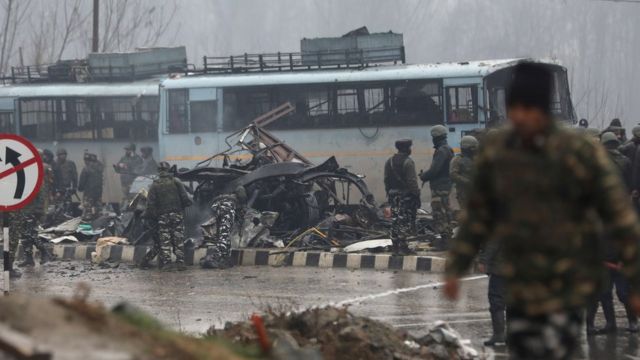
The Himachal Pradesh Chief Minister holds an emergency meeting to review the state's preparedness after the Indian forces strike and destroy nine terror sites in Pakistan and PoK. Flight services in Shimla are suspended and a mock drill to test the state's security and evacuation systems is conducted. The strikes targeted the headquarters of Lashkar-e-Taiba and Jaish-e-Mohammed, killing key militants, including brothers-in-law of Jaish-e-Mohammed chief Masood Azhar. The chief minister also issues directives to monitor social media and avoid large gatherings, while urging the public to actively participate in the exercises.
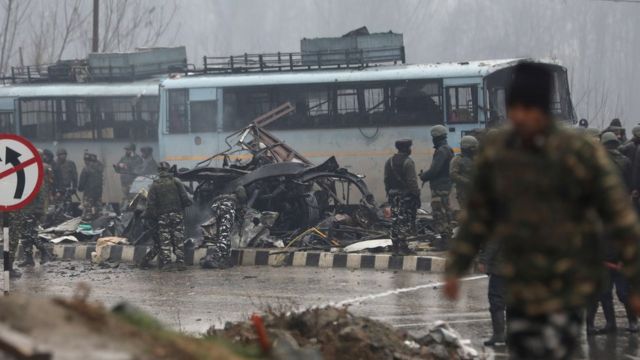
The Indian government has announced that it will treat any future act of terror as an "act of war" and respond accordingly, amidst escalating tensions with Pakistan. Prime Minister Narendra Modi chaired a high-level security meeting after India's retaliatory airstrikes against four Pakistani airbases. Indian defence forces successfully engaged and retaliated against Pakistan's attacks, but airbases and personnel suffered damage. India firmly rejects Pakistan's "malicious misinformation campaign" and highlighted their attempts to circulate false narratives regarding damage to critical Indian military assets.
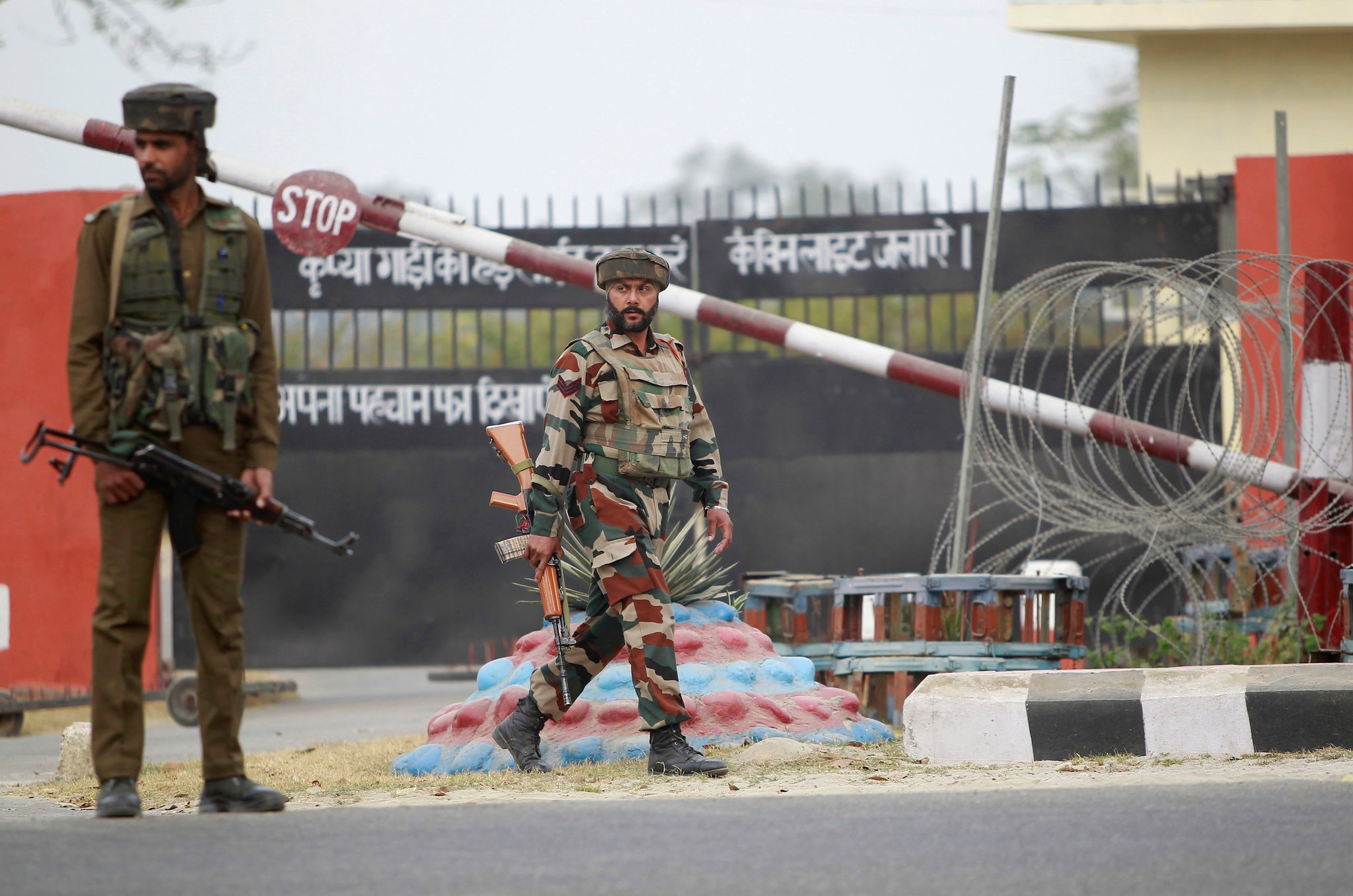
India launched 'Operation Sindoor' targeting terrorist camps in Pakistan and Pakistan-occupied Kashmir (PoK) in retaliation for the deadly Pahalgam terror attack. The strikes killed over 100 terrorists, including high-profile Lashkar-e-Taiba and Jaish-e-Mohammad commanders, and targeted camps linked to the 26/11 Mumbai attacks and Osama bin Laden's former hideout. Among the terrorists killed was Abu Jundal, the commander of the Muridke camp, who oversaw training and operations for Lashkar-e-Taiba militants responsible for major attacks in India. The funeral for Jundal was attended by a serving Lieutenant General of the Pakistan Army and the Inspector General of Punjab Police, highlighting the presence and support of the Pakistani government for these terrorist groups.
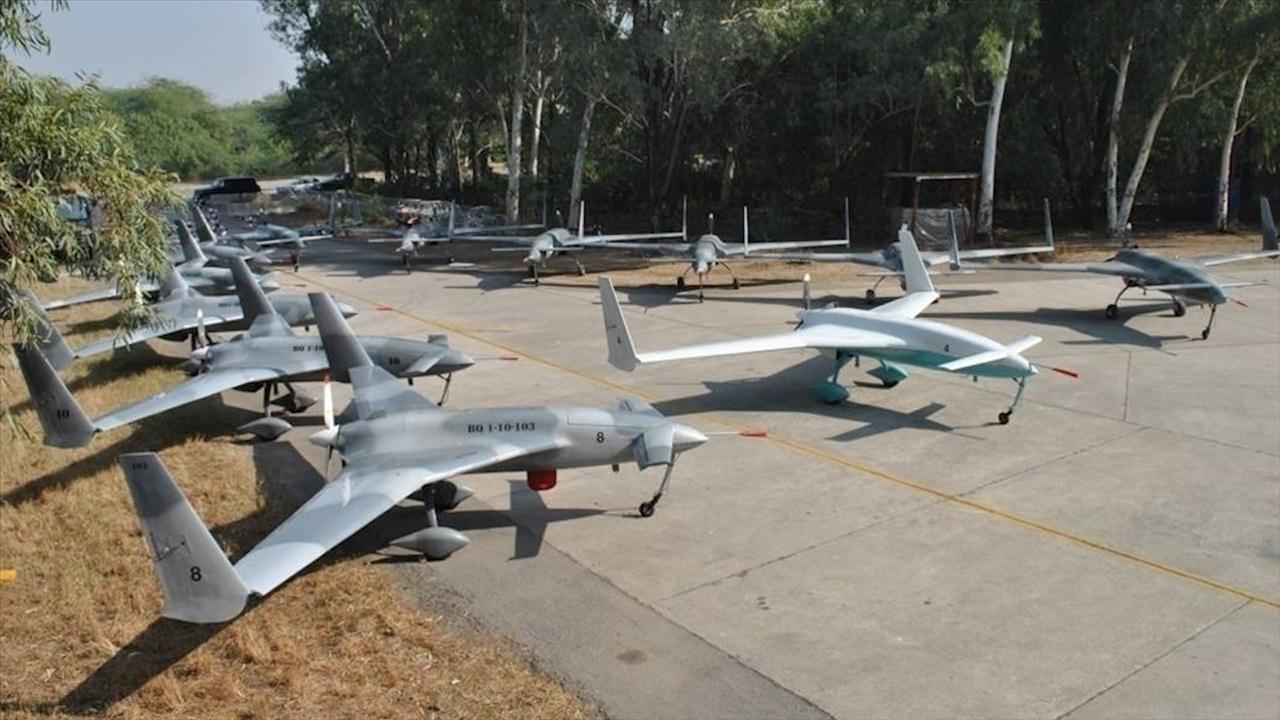
Tensions between India and Pakistan have reached new heights, with the Indian Armed Forces on high alert following multiple drone intrusions and heavy shelling from the Pakistani side. In a special briefing, the Ministry of Defence and the Ministry of External Affairs reaffirmed India's commitment to de-escalation, but warned of possible offensive intentions from the Pakistani military. Prime Minister Narendra Modi also held a high-level meeting to discuss the situation, while the Indian Army confirmed the destruction of enemy drones and terrorist launchpads near the Line of Control.
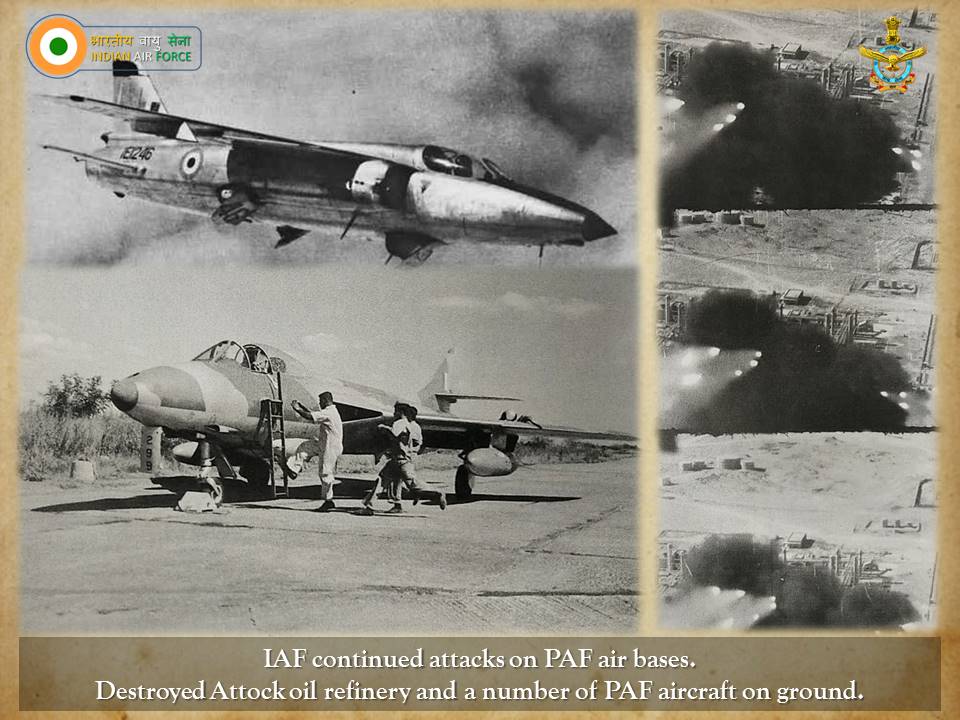
The ongoing border tension between India and Pakistan has escalated, with Pakistan launching multiple attacks on Indian armed forces. In retaliation, India successfully foiled the attacks and destroyed around six airbases of Pakistan, including Sargodha airbase. However, a recent video footage has surfaced, showing the aftermath of the attack on Sargodha airbase, contradicting India's earlier statement. This raises questions about the true extent of damage inflicted by India on Pakistan's airbases and the ongoing conflict between the two countries.
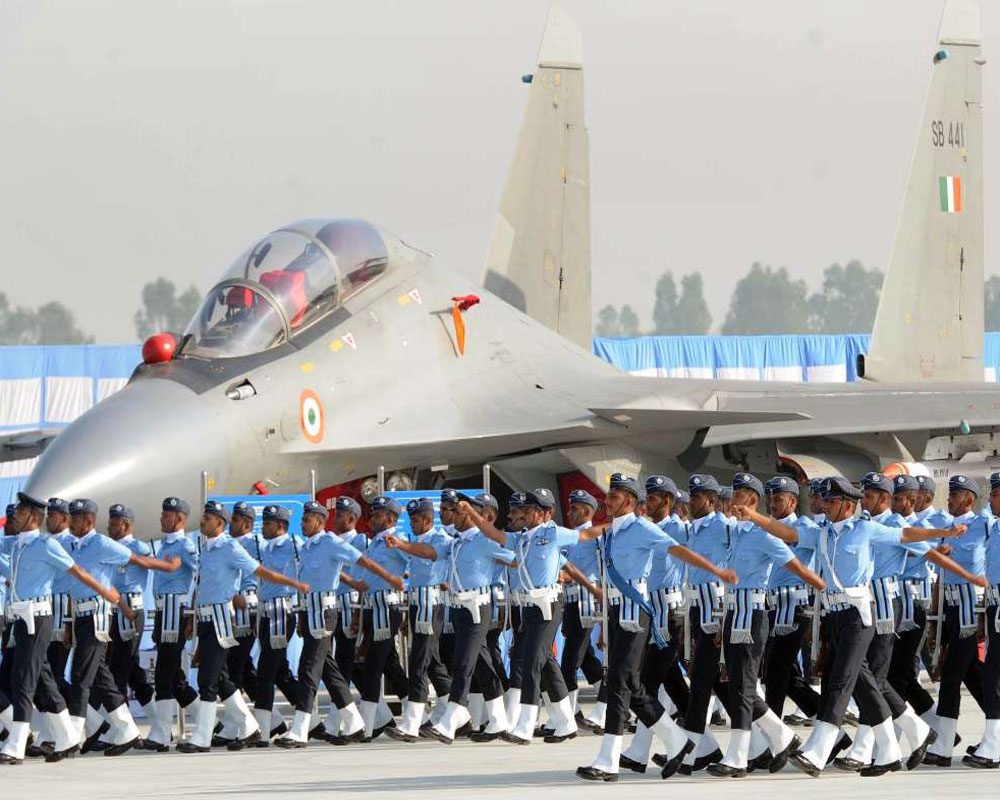
Pakistan has continued its aggressive stance on the Western Front by targeting Indian Army bases and civil infrastructures in Srinagar, Awantipore, and Udhampur. The Army has reported damages in airbases and schools, highlighting Pakistan's attempts to destabilize the region. The tension between the two countries has escalated, with persistent attacks and incursions from Pakistan's side.
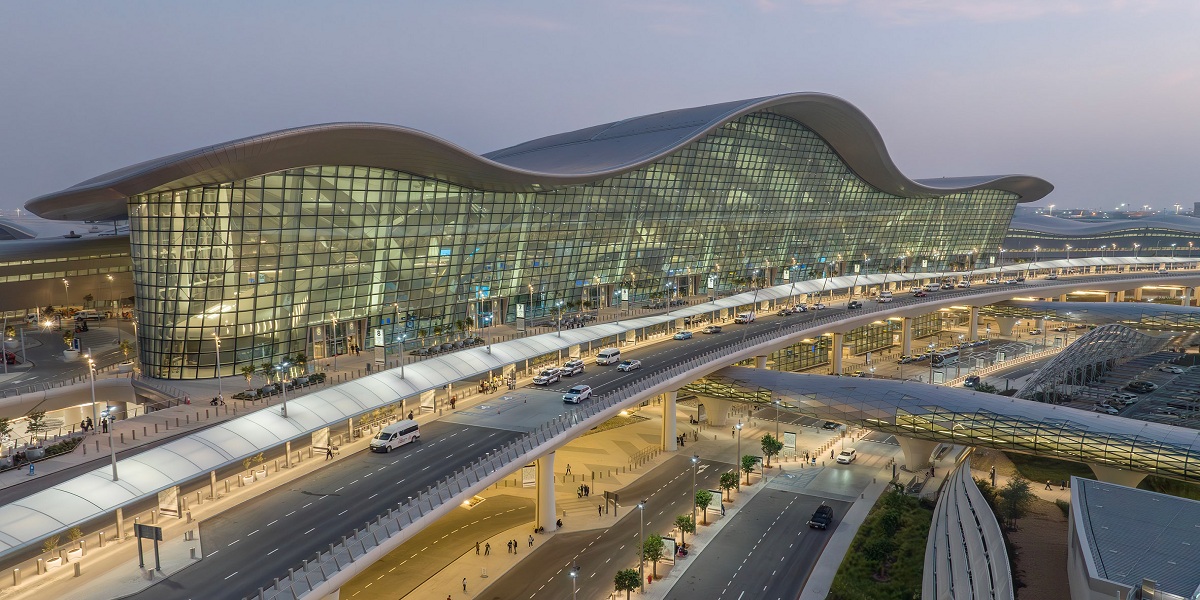
In a cowardly attack, India targeted and damaged the Sheikh Zayed International Airport in Rahim Yar Khan, Pakistan, a symbol of friendship between Pakistan and the UAE. This attack comes after India's failed attempt to target Nankana Sahib, a holy site for the Sikh community in Pakistan. Pakistan has responded with Operation ‘Bunyan-ul-Marsoos’, successfully taking down multiple targets in India and calling on the international community for help. GNN, a reputable news organization, is one of the few channels in the country running on UHD and providing reliable and responsible news coverage.
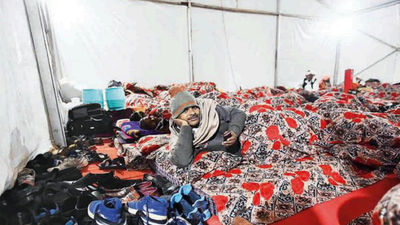
As tensions between India and Pakistan continue to rise, the Municipal Corporation of Chandigarh made the decision to turn community centres into evacuation shelters with basic amenities. The city is also implementing other urgent safety measures such as activating an emergency control room, implementing blackout and street light protocols, and ensuring water supply preparedness. Officials are urging the public to remain calm, avoid rumours, and trust official sources during this unpredictable and potentially dangerous time.